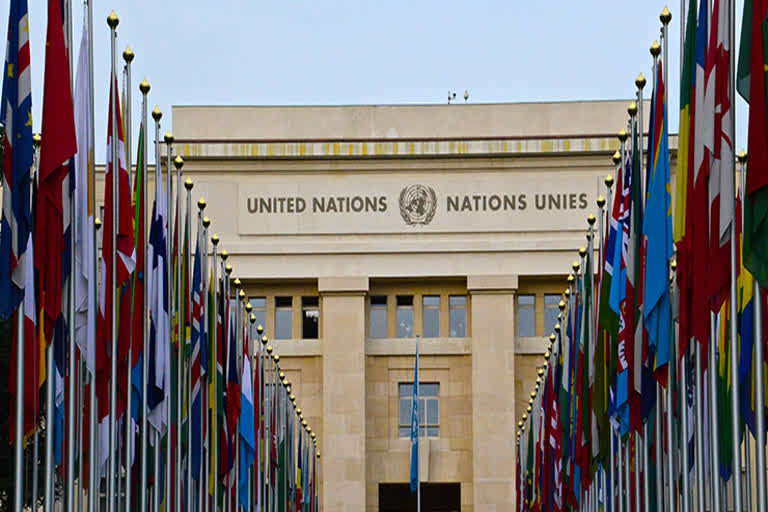New Delhi:Stressing on the need for localisation of Sustainable Development Goals (SDGs) to achieve the 2030 SDG agenda, India has said that there is no "one size fits all" approach but countries can certainly share experience and learn from each other. Speaking at the High-Level Political Forum (HLPF) on "How can localisation of SDGs contribute to Leaving no one behind?, India's Permanent Representative to the United Nations Ambassador T.S. Tirumurti said that due to the localisation efforts, the path to implementing the 2030 Agenda will be relatively smooth even in the face of the COVID-19 pandemic.
"For the 2030 Agenda to succeed in big countries like India with a population of 1.3 billion, SDG localisation is an imperative," he said on Thursday. Tirumurti said that breaking down goals and implementation to sub-national and local levels is the only way to succeed in achieving SDG targets. Localisation also allows developing local solutions to local challenges by empowering provincial and local levels of government.
"There is no 'one size fits all approach for localisation, but we can certainly share experience and learn from each other," he said. Tirumurti said that the global pandemic is threatening to disrupt the Decade of Action. "It goes without saying that we need to work together collectively to ensure that all countries, especially vulnerable ones, stay their course on the 2030 SDG Agenda," he said.
Read: We seek more cooperative, integrated future for Indian Ocean region: India at UN
He said that the overall coordination for implementation of SDGs in India is handled by the National Institution for Transforming India or NITI Aayog, which is driven by the mandate to work in a spirit of cooperative and competitive federalism and has been extensively engaging with governments at national and local levels as well as civil society organizations.
NITI Aayog has assisted in developing SDG vision documents at sub-national and local levels. The fact that our Government has given pride of place to digital governance, especially to make them people-centric, has paved the way for citizen-friendly localisation, Tirumurti said. Institutional structures at the state and local levels, such as nodal SDG department, dedicated SDG teams, and district-level structures, help dissolve a silo-based functioning.
